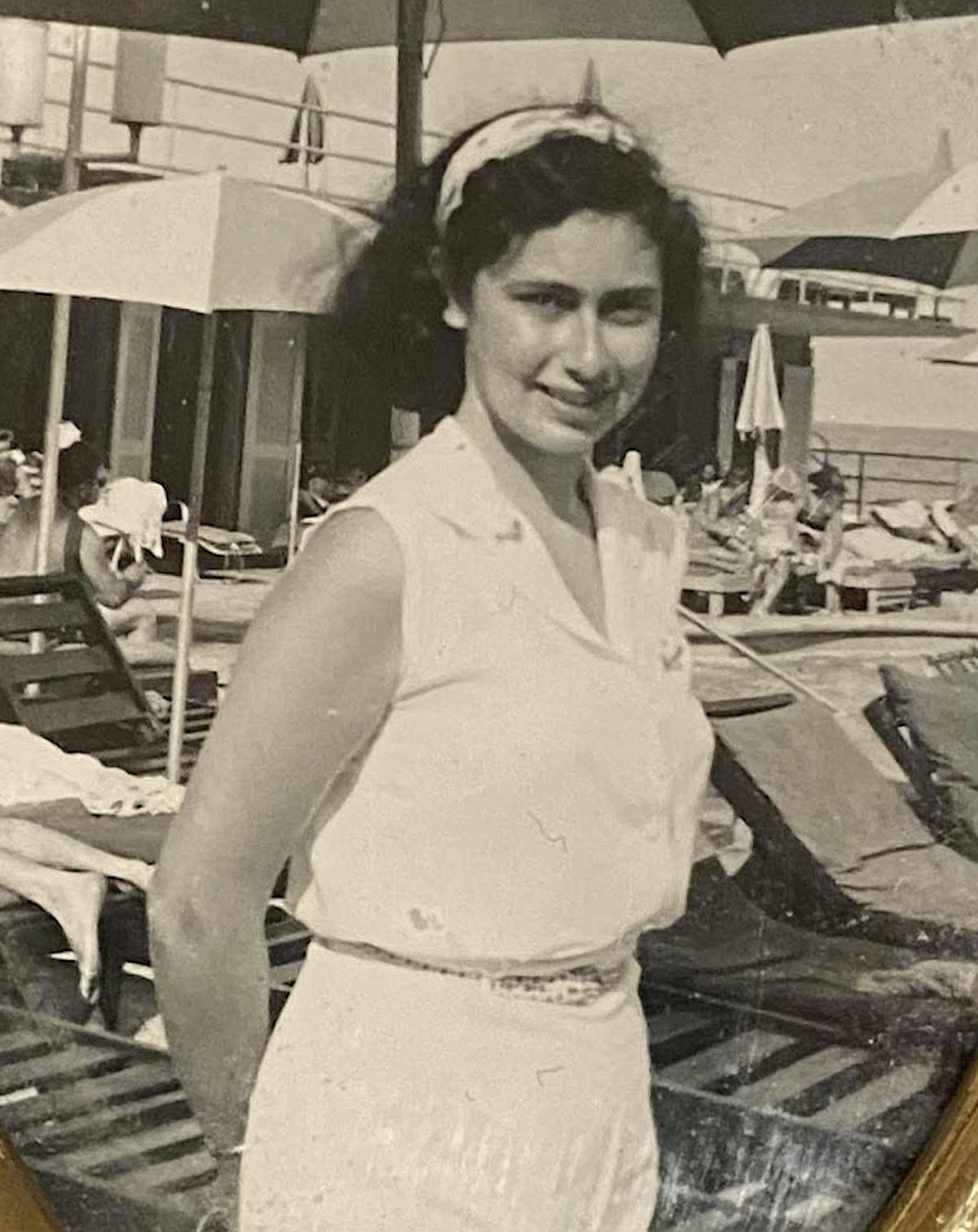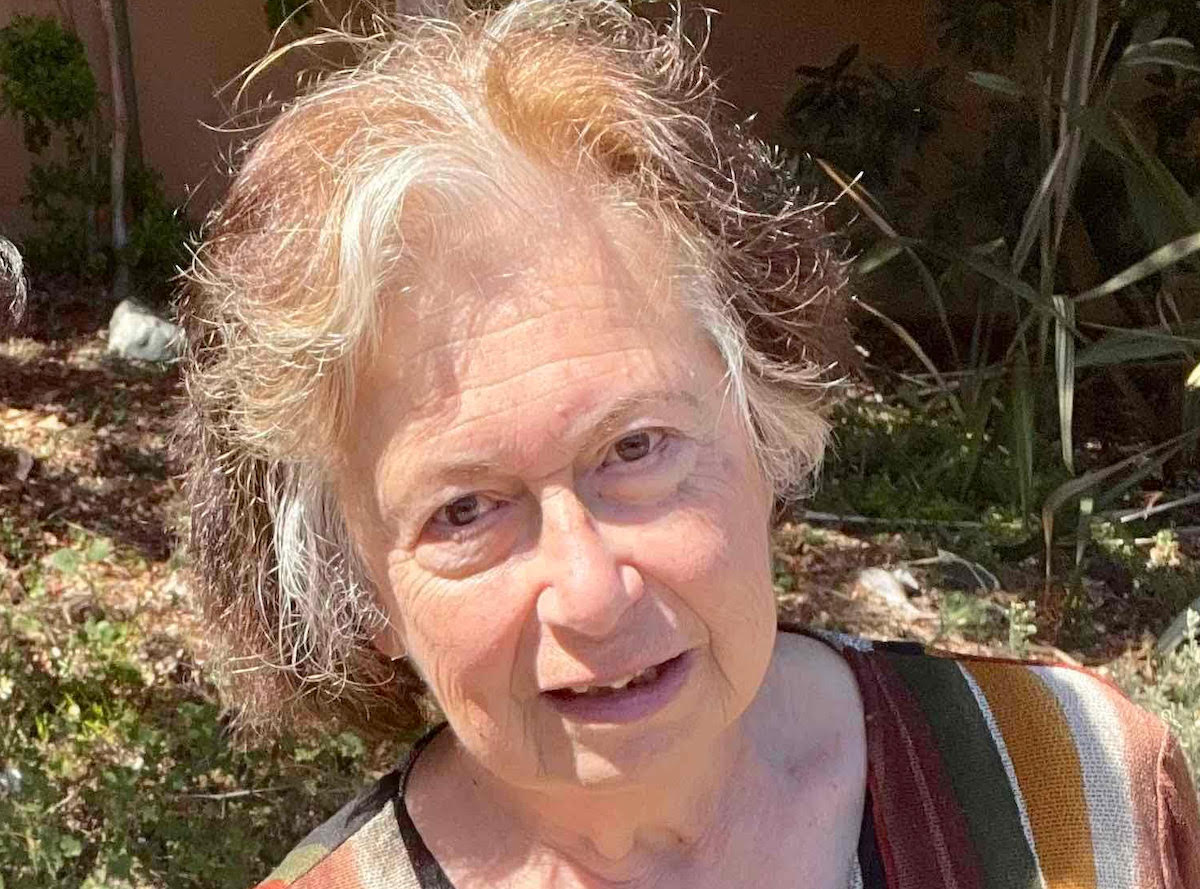Marge Gibson Haskell, a former Oakland city councilmember and Rockridge resident best known for her advocacy for Oakland Hills communities after the 1991 firestorm, died Sept. 14 at age 82.
Gibson Haskell dedicated many years of her life to public service. She served for six years on the Planning Commission in the 1970s, then from 1979 to 1992 she represented District 1 on the City Council.
The Oakland firestorm affected Gibson Haskell both personally—she lost two homes—and professionally. The fire destroyed over 3,000 homes, almost all of them in her council district, and claimed over two dozen people’s lives. Her efforts to rebuild an entire community included the establishment of a one-stop center for disaster services, and other emergency response improvements she insisted on being adopted by FEMA. She also fought in Sacramento with the insurance commissioner to obtain fair settlements for fire survivors and worked with PG&E to get much of the Oakland Hills certified as a new development when it was rebuilt, which unlocked special funding to put utilities underground.
After leaving City Council, Gibson Haskell served as a mediator and taught political science at Berkeley City College. She continued to stay active in the North Hills Community Association, the neighborhood group formed after the fire to represent survivors. She was a long-time member of the Lake Merritt Breakfast Club, a philanthropic organization that helps fund projects and events to benefit Lake Merritt. In recent years, Gibson Haskell visited Brussels to study similarities between the European Union Court of Justice and the American legal system and she participated in a worldwide Zoom pun-off competition.
Born and raised in Brooklyn with her sister and brother, she attended Brooklyn College at the age of 16. Like many women of her generation, Gibson Haskell had to fight to achieve her goals of gaining an education and becoming an attorney. She was one of only 15 women in the Harvard Law School’s Class of 1964. As described in “Pinstripes and Pearls,” a book written by classmate Judith Richard Hope, women had to endure rampant sexism at the school. In one instance, Harvard Law’s female students were asked to attend a dinner hosted by the dean. After dinner, the students were called upon, one by one, to answer this question: “Why are you at Harvard Law School, taking the place of a man?”
“We didn’t fully understand what we were getting into, what obstacles we would encounter, what trails we would blaze,” wrote Hope about the students’ experiences. “We just knew, from an early age, that we wanted both to serve our country, help make our world a little better and a little safer—just like our fathers and our brothers—and to marry; rear honest, happy children; and lead fulfilling personal lives—just like our mothers.”
Gibson Haskell did it all.
She met Arthur Haskell, who worked as a project engineer at Matson Navigation Company while volunteering to help refurbish the USS Potomac presidential yacht. They married and made their home in Oakland. Gibson Haskell had two daughters of her own and three children from Haskell’s previous marriage.
What follows are remembrances of longtime Oakland activists, civic leaders, and others who knew Gibson Haskell well. Their words have been edited for length and clarity.

Zack Wasserman, civic leader, and longtime political junkie
I knew Marge both in my role as a close advisor to Mayor Lionel Wilson and as an outside lawyer for the Oakland Redevelopment Agency. She was bright and acerbic, with little patience for political games or sophistry. She did try to get advocates and businesses and developers to make deals that were acceptable, if not totally pleasing, to all.
She came from a strong tradition in Oakland of active citizens who wanted to serve the city and its people. While she was a member of the City Council, she did not have her eye on another office. She was part of the liberal, Democratic group that came to office in the late 70’s including Lionel Wilson, Mary Moore, Carter Gilmore, and Wilson Riles Jr., all of whom joined John Sutter, who had been elected in 1971. They formed a new, progressive Democratic majority that took over power from the white Republicans who had governed Oakland for decades. They made a difference.
Theresa Nelson, neighborhood and parks advocate
Marge always showed up, especially during the aftermath of the 1989 earthquake and even more so after the 1991 firestorm.
Perhaps her most important and lasting legacy was her work to find a new home for the Rockridge Branch Library. When the library lost its rented home in 1987, she helped to get temporary trailers at Claremont Middle School so the library could continue to serve the community. She also helped secure state funding as well as supporting a local special assessment district to fund a new permanent home for the Rockridge Branch Library, which opened in 1996.
Political support and savvy leadership like Marge’s helped so many good works get accomplished in Oakland.
Elihu Harris, former Oakland mayor, assembly member, and Peralta Community College chancellor
Marge served as a neighborhood leader, Democratic activist, and Oakland City Councilmember. She was passionate, aggressive, and ambitious. After the Oakland Hills fire, she led the effort to restore the neighborhoods destroyed during that crisis. She worked to enact policies to prevent future tragedies.
Henry Gardner, Oakland city manager, 1981-1993 and executive director of the Oakland Coliseum and Arena Joint Powers Authority
Marge Gibson Haskell was the consummate public servant. She was always well-prepared and engaged colleagues, staff, and constituents with intelligence, dignity, and respect.
She held her opinions strongly but was always open to hearing the opposing points of view. I will always remember when her father died she had to leave for New York but returned two days later. I asked her why she returned so soon and she said that is what her father would want her to do. She had paid her respects and she needed to return to her civic duty.
I also remember when she lost two houses in the Oakland Hills firestorm. She never missed the nearly non-stop twenty-four-hour meetings for nearly two weeks. She and I were on a panel in observance of the 30th anniversary of the firestorm and she was as focused and articulate as ever, recounting in great detail what it was like personally and as a member of the council, and the challenges we faced trying to adopt new fire codes amidst the constant accusation that the fire department failed to put out a small fire the night before the conflagration. Representing the hills, she faced the brunt of those accusations.
She was never defensive. She listened with empathy and fought hard for new and improved fire safety standards. We could all use more public servants like Marge Gibson Haskell.
Sharon Tyler, daughter
She worked during the day in her law practice, came home, made dinner, did the dishes, cleaned the house, helped the kids with homework, and then went out again to community meetings or city council sessions. And she was up bright and early making breakfast and sending us off to school the next morning. But she could not have done that if she had not enlisted the help of a series of students from CCAC who lived in an in-law and paid rent through babysitting.
Janani Ramachandran, District 4 councilmember, whose district includes much of what was then Gibson Haskell’s district
She raised two young daughters during her time at City Hall and served as an early reminder that political leaders with family responsibilities also deserve a seat at the table.
During her time on the council, Marge was a powerful advocate for emergency preparedness and relief efforts. On a personal note, Marge served as an important mentor to me. She imparted her wisdom on how to lead on council with integrity, a spirit of collaboration, and genuine commitment to constituent needs above all. She offered me many life lessons on how to balance responsibilities and be a whole person while operating in an elected role with constant public visibility. I greatly admire her courage, sharp political acumen, and balanced sense of humility, and hope I can continue to make Marge proud.

